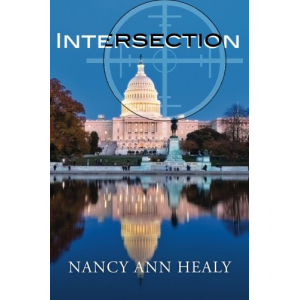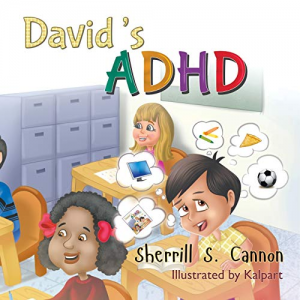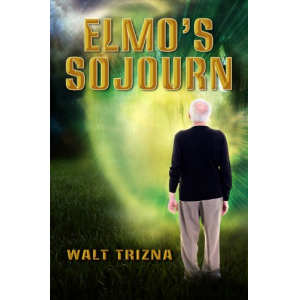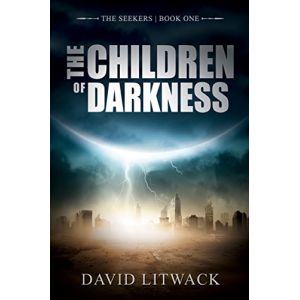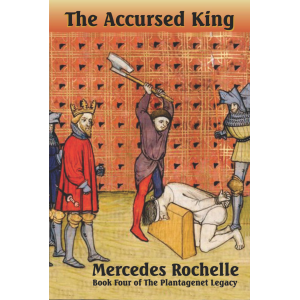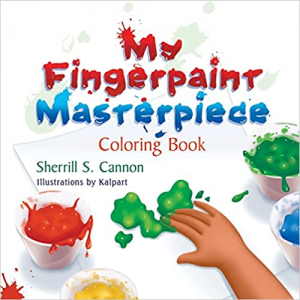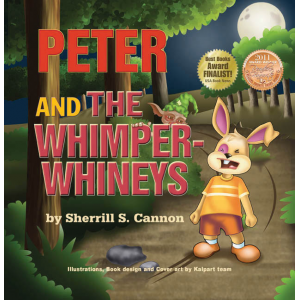- Author
- Book
- Story behind the book
- Media Links
- Reviews

Ray Shoop
About
I'm a three times retiree: Air Force master sergeant , businessman, restaurateur, agnostic seventy-one-year-old dyslexic writer, who hopes to retire again in fifteen or twenty years, if my highly religious Greek Orthodox, Russian wife doesn't lay me to rest before then. Like most writers, my life experiences are what inspired me to write. I had been writing for about twelve years when I learned I was a dyslexic. I was so relieved; now I had an excuse for my slow reading and terrible spelling, and I wanted to tell all that I wasn’t really stupid and lazy. My self-published novel, RUNT, MEMORIES OF A DYSLEXIC BASTARD, tells my story. NU-DEL, DAUGHTER OF THE FOREST, is my second novel. I live in Milton, FL. My published works:

The Race for Flugal Farm
Description
<p>The Race for Flugal Farm is the first book in a trilogy that charters the lives and adventures of the inhabitants of the Riding Stables at Flugal Farm.</p><div>Times had been hard for George Flugal and his wife, and this inevitably resulted in him having to sell the majority of the school's horses until he was left its just four: Pogo, Biff, Troy and an ex-racehorse called Chance.</div><div>The horses who along with a young stable hand Rachelle Perkins, a dog named Nugget, a pig called Nigel and an old family friend Uncle Dave, make up the Flugal's extended family.</div><div>When they find themselves facing the possibility of having the farm repossessed by the bank, and bought out by the odious Mr Williams, have to pull together to enter a carriage drive in order to win the prize money and save their way of life.</div>
Story Behind The Book
When I started writing RUNT, it was going to be a story about an abused mountain boy during the WWII era when child abuse, whether physical or emotional, was a simple and approved method of correcting or bring up your children. In fact, I felt as a child that if I wasn’t screamed at, cussed, whipped or walloped upside the head when I did something wrong, or in some cases didn’t do something, my parents didn’t love me. It was during my research process that I learned I was dyslexic. I had spent a lifetime thinking my slow reading and atrocious spelling and writing skills were attributed to my lack of ability to get the basics of these things down when I was a child. I didn’t like going to school and took every opportunity that came along to not go. Besides, education didn’t seem to be of much importance to my parents; out of seven of us, only one made it through high school.
